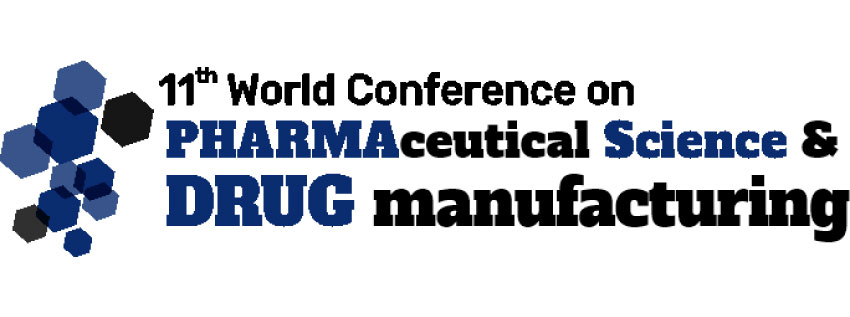Toxicology

Goal 12: Responsible Consumption and Production
Encourage sustainable consumption and production patterns by reducing waste, improving resource efficiency, and adopting environmentally friendly technologies to promote long-term sustainability and reduce environmental impact.
Who Can Attend
The 13th World Conference on Pharmaceutical Science and Drug Manufacturing, aims to serve as a global platform for sharing the latest scientific research, technological advancements, and industry best practices
Session Tracks
1 Mechanistic Toxicology: Understanding Adverse Effects
2 Toxicity Testing in Preclinical Development
3 Environmental Pollutants and Health Risks
4 Role of Nanotoxicology in Safety Assessment
5 Innovations in In-vitro Toxicology Models
6 Advances in Computational Toxicology
7 Toxicology of Biologics and Gene Therapy
8 Forensic Toxicology: Emerging Trends
Key Themes
 Explore cutting-edge technologies that promote sustainable practices in life sciences and healthcare, including AI, biotechnology, and renewable energy solutions.
Explore cutting-edge technologies that promote sustainable practices in life sciences and healthcare, including AI, biotechnology, and renewable energy solutions. Discuss the role of education in fostering awareness and understanding of sustainable practices, with a focus on innovative teaching methods and outreach programs.
Discuss the role of education in fostering awareness and understanding of sustainable practices, with a focus on innovative teaching methods and outreach programs. Examine innovative social initiatives that address sustainability challenges, emphasizing community-driven solutions and social entrepreneurship.
Examine innovative social initiatives that address sustainability challenges, emphasizing community-driven solutions and social entrepreneurship. Analyze the intersection of environmental science and health, focusing on practices that promote ecological balance and public health.
Analyze the intersection of environmental science and health, focusing on practices that promote ecological balance and public health. Review the impact of public policy on sustainable development in healthcare and life sciences, and discuss strategies for effective policy implementation.
Review the impact of public policy on sustainable development in healthcare and life sciences, and discuss strategies for effective policy implementation. Address the ethical considerations in life sciences and healthcare related to sustainability, including discussions on research ethics and responsible innovation.
Address the ethical considerations in life sciences and healthcare related to sustainability, including discussions on research ethics and responsible innovation. Highlight the importance of data analytics in shaping sustainable healthcare practices, with a focus on health informatics and evidence-based decision-making.
Highlight the importance of data analytics in shaping sustainable healthcare practices, with a focus on health informatics and evidence-based decision-making. Explore methods for engaging communities in health promotion initiatives, emphasizing participatory approaches and grassroots movements.
Explore methods for engaging communities in health promotion initiatives, emphasizing participatory approaches and grassroots movements. Discuss innovative management practices in healthcare that contribute to sustainability, focusing on resource allocation, efficiency, and quality improvement.
Discuss innovative management practices in healthcare that contribute to sustainability, focusing on resource allocation, efficiency, and quality improvement.
Important Alert:






